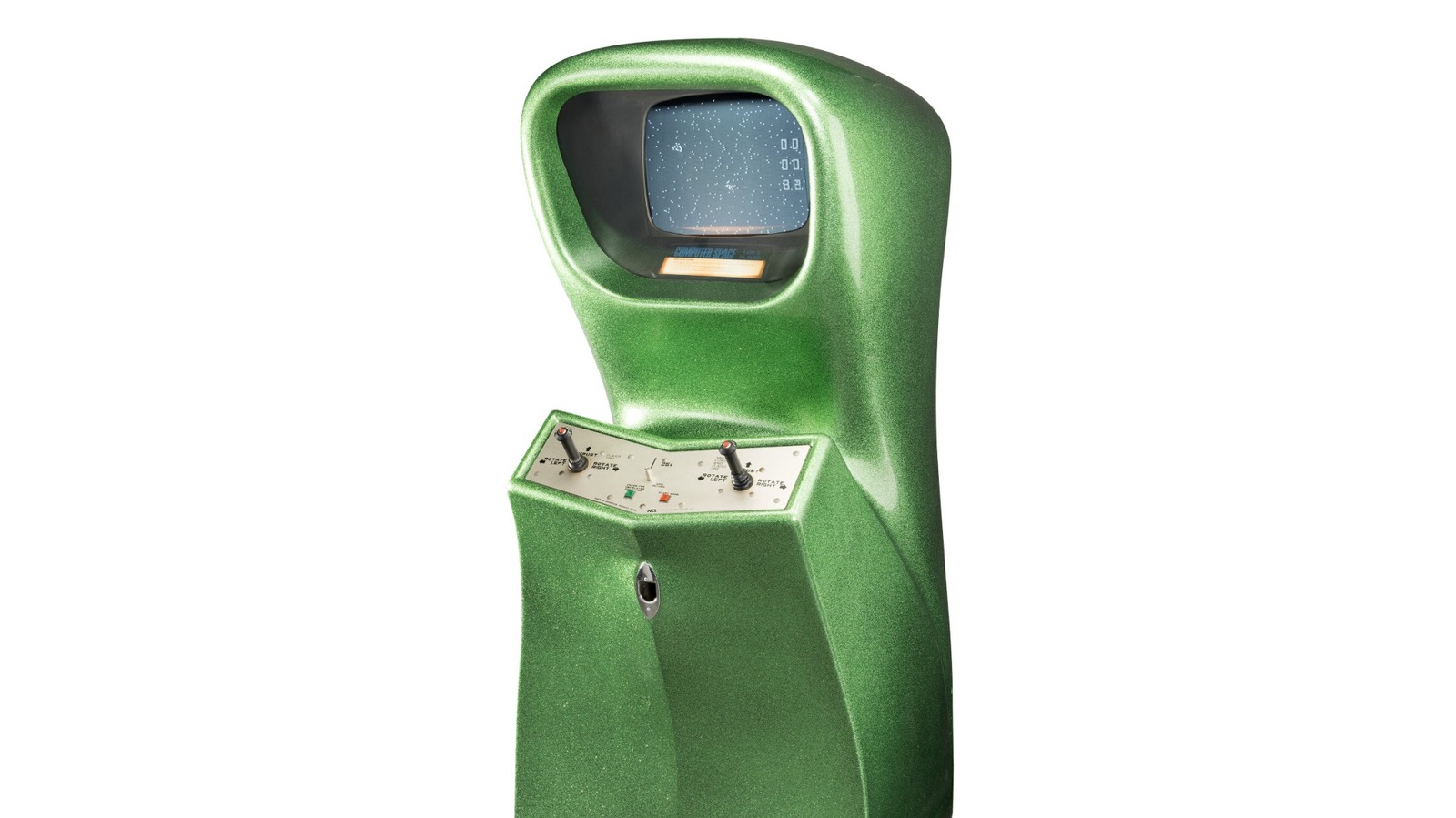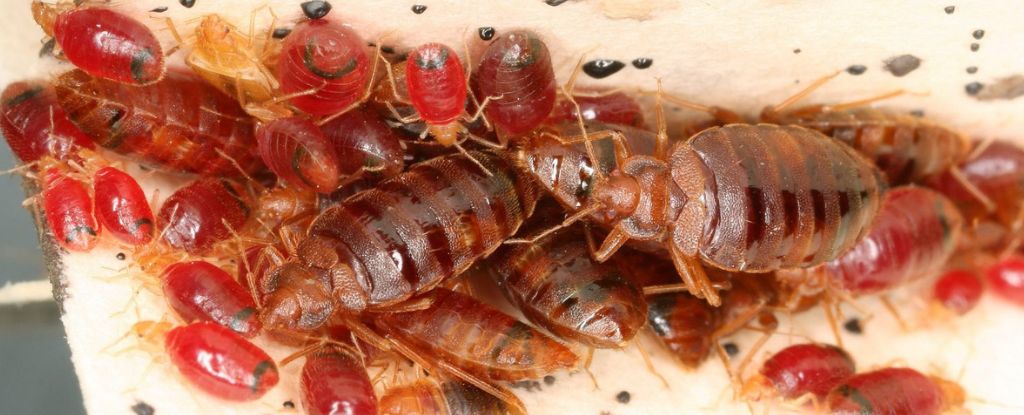Prostate cancer, race and the need for tests | Letters
Suks Minhas and Ben Challacombe say it is important to acknowledge health inequalities faced by Black men and ethnic minorities in the UKFollowing the article published about Sir Steve McQueen and his journey with prostate cancer (‘My father’s death saved my life’: director Steve McQueen on grief, gratitude and getting cancer, 5 April, we were disappointed to read the response by Tanimola Martins (Letters, 11 April), which fails to acknowledge health inequalities faced by Black men and ethnic minorities in the UK.Acknowledging that PSA (prostate-specific antigen) levels can be slightly higher in Black men, it still remains a useful screening test, especially if combined with MRI. What is not in doubt is that Black men are two to three times more likely to be diagnosed with prostate cancer than white men, and twice as likely to die from it. Add a family history of significant prostate cancer and the odds become even worse, bringing diagnosis to one in two and a risk likely greater than one in six with both risk factors, if untreated. Continue reading...

Suks Minhas and Ben Challacombe say it is important to acknowledge health inequalities faced by Black men and ethnic minorities in the UK
Following the article published about Sir Steve McQueen and his journey with prostate cancer (‘My father’s death saved my life’: director Steve McQueen on grief, gratitude and getting cancer, 5 April, we were disappointed to read the response by Tanimola Martins (Letters, 11 April), which fails to acknowledge health inequalities faced by Black men and ethnic minorities in the UK.
Acknowledging that PSA (prostate-specific antigen) levels can be slightly higher in Black men, it still remains a useful screening test, especially if combined with MRI. What is not in doubt is that Black men are two to three times more likely to be diagnosed with prostate cancer than white men, and twice as likely to die from it. Add a family history of significant prostate cancer and the odds become even worse, bringing diagnosis to one in two and a risk likely greater than one in six with both risk factors, if untreated. Continue reading...









































































